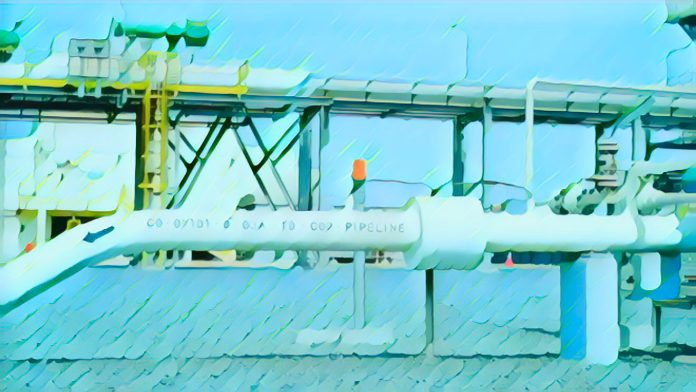Nigeria’s Qua Iboe crude oil, one of the country’s main export grades, has surged past $100 per barrel for the first time since 2022 amid a tight global oil market and strong demand from Asia.
According to data from S&P Global Platts, Qua Iboe was assessed at $100.63 per barrel on Monday, up $1.28 from Friday and the highest level since October 2022. The grade has risen by more than 60% since the start of the year, when it was trading at around $62 per barrel.
Qua Iboe is a light, sweet crude oil that is highly sought after by refiners in Asia, especially China and India, for its low sulfur content and high yield of gasoline and diesel. It is also favored by European buyers for its compatibility with their refineries.
The surge in Qua Iboe’s price reflects the tightness in the global oil market, as demand recovers from the impact of the COVID-19 pandemic and supply remains constrained by the OPEC+ alliance’s output cuts and US sanctions on Iran and Venezuela.
The OPEC+ group, which includes Nigeria and other major oil producers, agreed in July to increase its production by 400,000 barrels per day (bpd) each month from August until the end of the year, in a bid to ease the market imbalance and prevent prices from rising too high.
However, some analysts have warned that this may not be enough to meet the growing demand, especially from Asia, where economies are rebounding from the pandemic, and fuel consumption is rising.
“The OPEC+ decision to gradually increase production was a prudent move, but it may not be sufficient to prevent further price spikes in the coming months,” said Abiodun Baiyewu, an energy analyst and CEO of Global Rights Nigeria, a non-governmental organization that advocates for human rights and environmental justice.
Baiyewu added that Nigeria should take advantage of the high oil prices to boost its revenue and invest in diversifying its economy, which is heavily dependent on oil exports.
“Oil prices are cyclical and volatile, and Nigeria cannot afford to rely on them for its long-term development. The country needs to use this opportunity to reform its oil sector, improve its governance and transparency, and channel its resources into other sectors that can create jobs and reduce poverty,” he said.
Nigeria is Africa’s largest oil producer and the world’s sixth-largest exporter of crude oil. The country’s oil output averaged 1.48 million bpd in July, according to OPEC data, down from 1.52 million bpd in June.
The country’s oil industry has been plagued by challenges such as aging infrastructure, pipeline vandalism, theft, sabotage, regulatory uncertainty, and security threats from militant groups in the Niger Delta region.
The Nigerian government has been working on passing a long-awaited Petroleum Industry Bill (PIB) that aims to overhaul the legal and fiscal framework of the oil sector and attract more investment. Both chambers of the parliament passed the bill in July, but it still awaits the president’s assent and implementation.
The bill has also faced criticism from some stakeholders, including oil-producing communities and civil society groups, who have raised concerns about its environmental protection, community development, fiscal terms, and governance provisions.
Despite these challenges, Nigeria’s oil minister, Timipre Sylva, has expressed optimism that the country will be able to increase its oil production to 3 million bpd by 2023 with the help of new projects and reforms.
“We are confident that we can achieve our target of 3 million bpd by 2023. We have several projects that are coming on stream, such as Bonga South West, Egina Phase 2, Zabazaba, and others. We also have the PIB that will create a conducive environment for investment and growth,” Sylva said in a recent interview with Bloomberg.
Sylva also said that Nigeria is committed to complying with its OPEC+ quota and supporting the stability of the global oil market.
“We are a responsible member of OPEC+ and will always abide by our obligations. We believe that a balanced and stable market benefits producers and consumers,” he said.
As Nigeria’s Qua Iboe crude oil reaches a record high of over $100 per barrel, it faces both opportunities and challenges in its oil sector. The country must balance its short-term revenue gains with its long-term development goals while contributing to global efforts to ensure energy security and sustainability.
Source: Business Day



